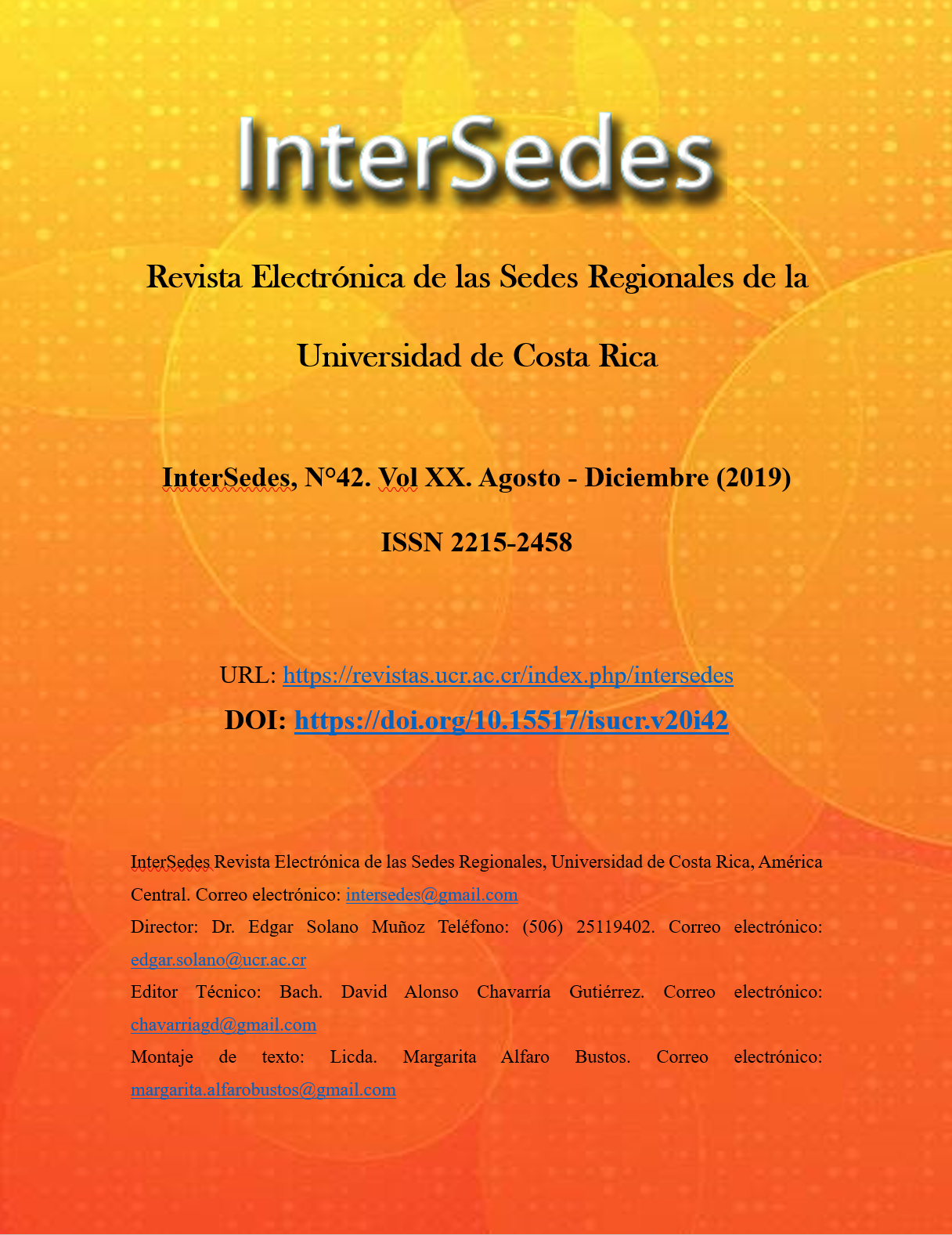Abstract
The article reflects on the situation at which the United States waged a trade war against China, positioning international trade as an instrument of international policy, to achieve objectives that go beyond the issue Economic. This situation of trade crisis is considered to be in the interest of geopolitical positioning by the United States.
Moreover, it is claimed that this situation represents an affront to the international liberal order, which has historically been led by the United States, but is on this occasion eroding its traditional free trade stances; with the aim of affecting its closest international competitor by global hegemony, represented by China.
References
Adhikari, R & Yang, Y. (2002) ¿Qué significará el ingreso en la OMC para China y sus socios comerciales? Recuperado de https://www.imf.org/external/pubs/ft/fandd/spa/2002/09/pdf/adhikari.pdf
BBC. (2019). La guerra comercial entre China y Estados Unidos explicada a través de unos zapatos. Recuperado de https://www.bbc.com/mundo/noticias-48336489
Bernard, S. (2003). Geopolitics of the World System. Rowman & Littlefield Publishers, Inc.
France24. (2019). Estados Unidos vs. China: el comercio es lo de menos. Recuperado de https://www.france24.com/es/20190205-huawei-china-eeuu-competencia-geopolitica
López, A. (2018). Editorial de la Revista Relaciones Internacionales, Costa Rica. Recuperado https://revistas.una.ac.cr/index.php/ri/article/view/11637/15187
OMC. (2019). Los principios del sistema de comercio. Recuperado de https://www.wto.org/spanish/thewto_s/whatis_s/tif_s/fact2_s.htm
Russell, W. (2014). The Return of Geopolitics: The Revenge of the Revisionist Powers. Foreign Affairs 93 (3) 69-79. Recuperado de https://www.jstor.org/stable/24483407
Wang, Y., Tan, X., Ping, L., & Fangfei, J. (2016). Sixty Years of China Foreign Affairs. China’s Participation in International Organizations: Tracks and Features. Reading, United Kingdom: Paths International Ltd.


